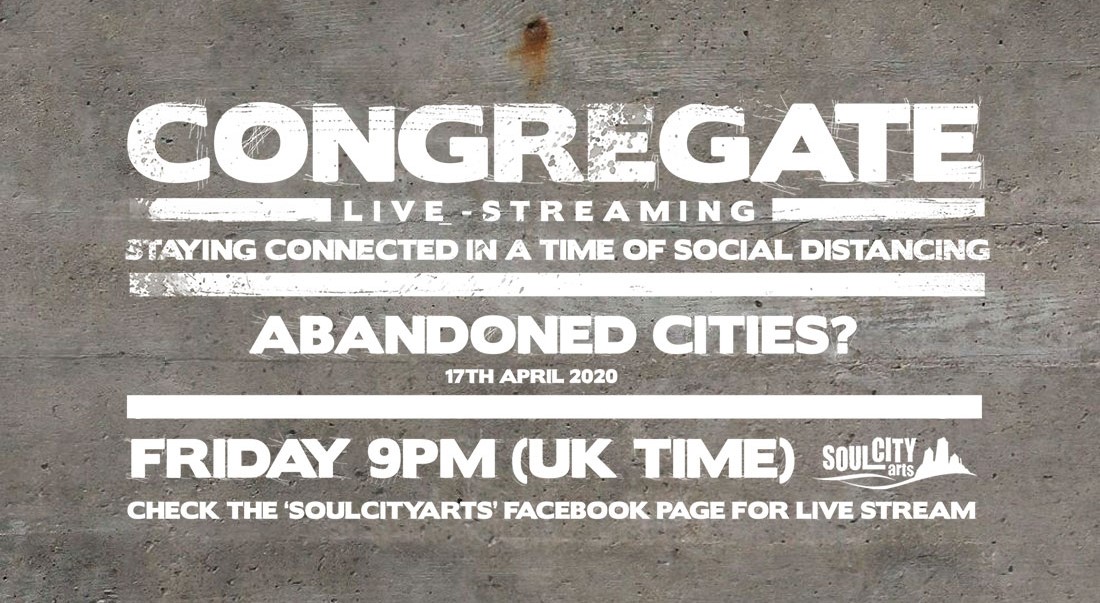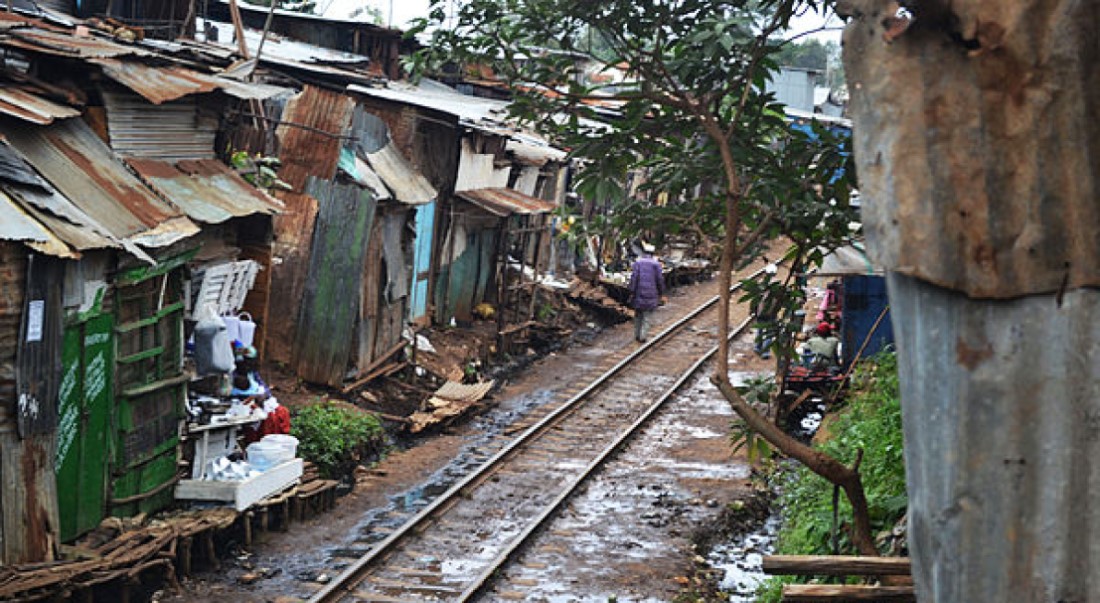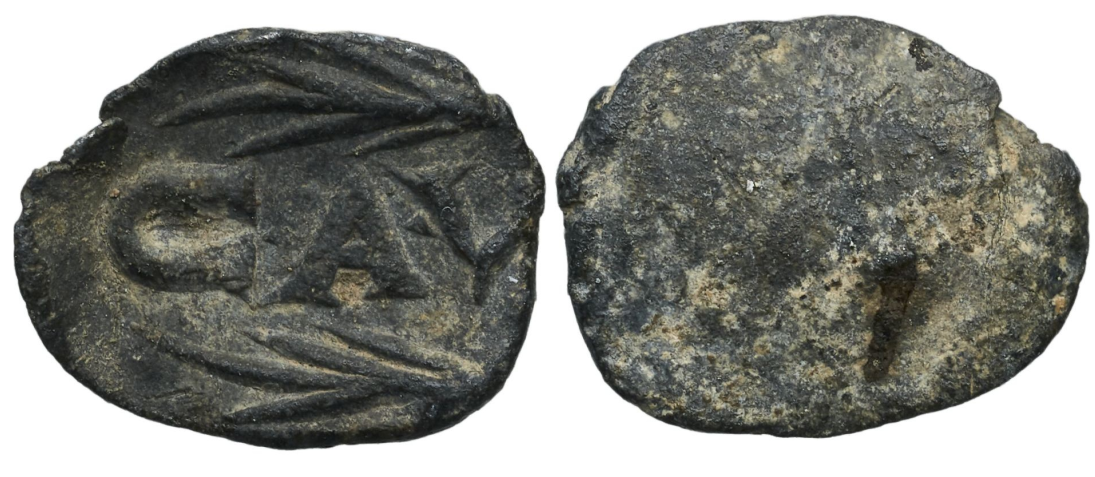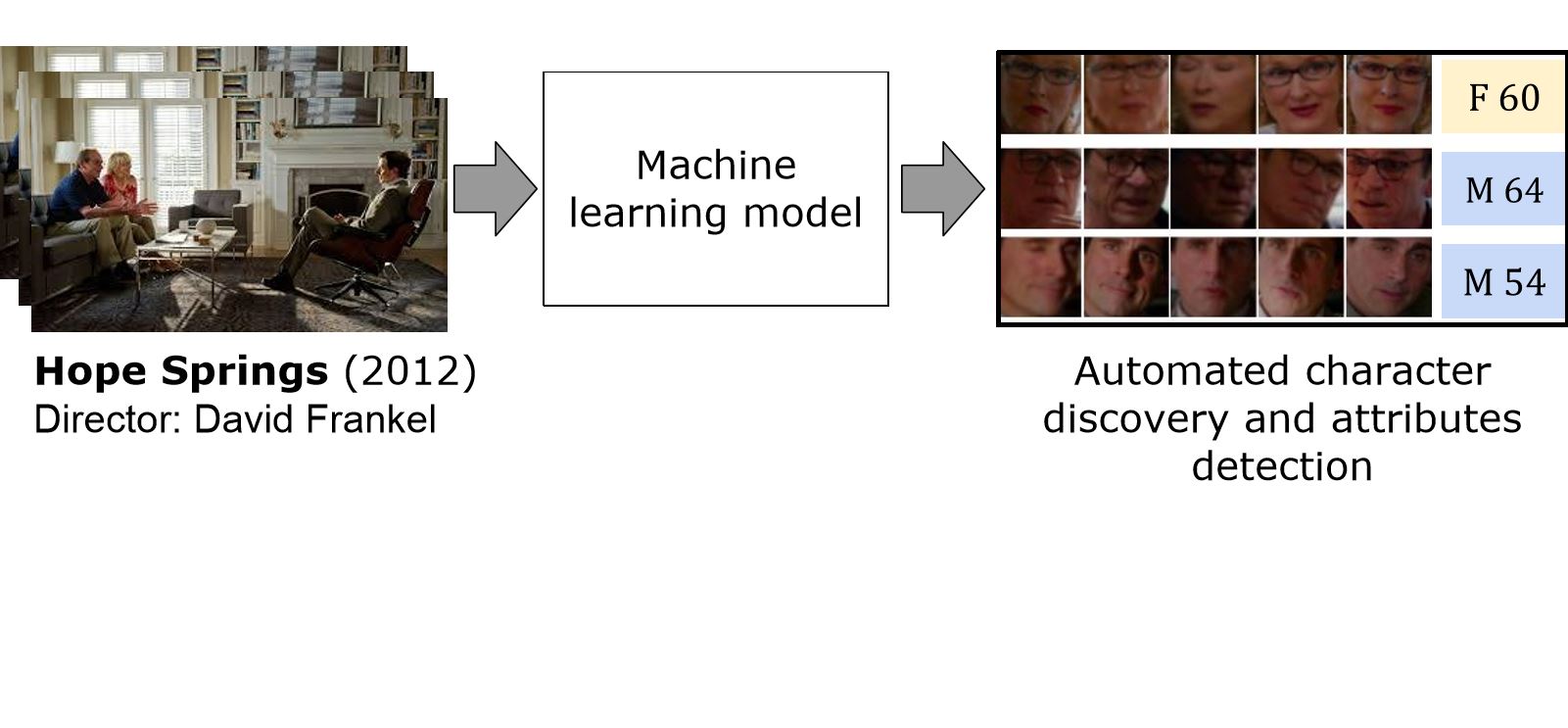Keeping Cultures Connected, Keeping Connected through Culture - Week 1
In the context of the global COVID-19 pandemic, we have become all the more acutely aware of the role that the arts and culture play in our mental wellbeing and in keeping us all connected.
From the release of free digital film and recorded play collections, to the sharp uptake in the exploration of virtual museums and digital art collections and audiobooks, and the time to more fully explore the available television platforms, our period of confinement has starkly highlighted the importance of the arts and culture in our every day lives. We are also living in a time when cultural producers, many of them freelancers without the support of a regular salary, are facing extreme financial hardship, and arts organisations have been forced into (temporary, we hope) closure.
In response to these new challenges and opportunities, the Connecting Cultures GRP is offered grants of up to £1,500 for projects that:
- Examine or participate in innovative digital strategies to keep cultures connected during the pandemic
- Secure ongoing research collaborations with the cultural sector that keep it buoyant into the future (this might involve paying for commissions/services now for work that can be delivered later in the year)
- Invest in the future of the Digital Humanities and Connecting Cultures-focused research in some other way
What we funded during the first week of the call
At the end of the first week of this call, we were delighted to announce that we have funded the following innovative projects. The first two respond directly the the current crisis, and use innovative digital interfaces to keep people and communities connected under lockdown. The latter projects invest funding in developing new digital resources and new software to benefit future research in the cultural field. Many other projects were funded in this call. Details of which will be featured in our new blog
Dr James Hodkinson (School of Modern Languages and Cultures): CONGREGATE. Live Digital Arts and Community Connection at a Time of Social Distancing
CONGREGATE is a project that brings together artists and citizens from multiple cultural, often minority backgrounds and different sectors of society to engage in digitally connected conversation and artistic responses to the pandemic and social distancing.
Using uniquely developed, multi-frame software we stage live, real time interactions between discussants and visual and musical artists, broadcasting these through social media channels and recording our performances and public responses to them for legacy purposes. The project will play a key role in re-connecting Muslim communities and articulating their experiences of social distancing during the forthcoming month of Ramadan 2020.

Dr Keith Hyams (Politics and International Studies): Life Under Lockdown: Youth Video Diaries from Informal Urban Settlements in Sub-Saharan Africa
The project will use video diaries to highlight the effect of the COVID-19 pandemic and related policy responses in African informal settlements, and to understand differential impacts on vulnerable groups of the pandemic and associated policy responses.
The project will be conducted in collaboration with the network Slum Dwellers International (SDI). Through SDI we will collaborate with youth networks in informal settlements in six cities: Johannesburg (South Africa), Lusaka (Zambia), Kampala (Uganda), Nairobi (Kenya), Lagos (Nigeria), and Freetown (Sierra Leone).

Dr Clare Rowan (Classics and Ancient History): Digitising the tokens of Lyon: The Récamier collection in the Bibliothèque nationale de France
This project will focus on creating, for the first time, a digital English edition of part of the Récamier collection in the Bibliothèque nationale de France.
The Récamier collection largely consists of lead tokens found in Lyon in the nineteenth century, this project will digitise the types carrying the names of individuals.
These tokens are a powerful source for Roman social history of the area, and the digitisation will mean this data will be freely available for researchers, members of the general public and heritage professionals.

Lead token from the Récamier collection. Side A: C·A·V between two palm branches. Side B: Blank (BnF, MMA, Recamier 834.23). View in gallery
Dr Tanaya Guha (Computer Science) and Dr Joanne Garde Hansen (Cultural and Media Policy Studies): Grey Data: Machine Learning for Analysing Ageing on Screen
Researchers have repeatedly noted that women, the ageing population and minority groups are underrepresented in popular media. Among these, the lack of awareness about age-based discrimination or stereotyping transcends to a range of ageist behaviour within the society. Recent advances in Machine Learning (ML) and AI make accurate, automated analysis of complex media content more plausible than ever. This project will extend the application of ML to study the visibility and stereotyping of the ageing population on screen by automatically generating insights as ‘grey data’ (from large volume of media content) that could better inform screen industry policy and practice.

